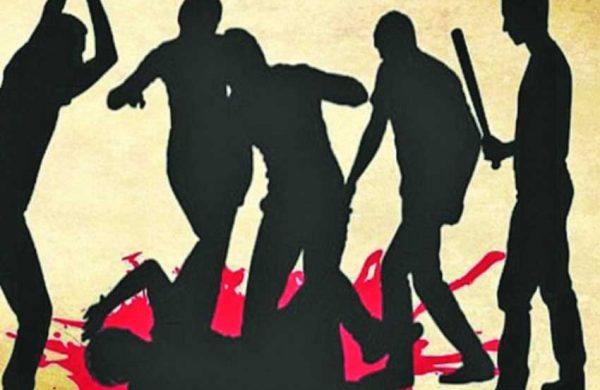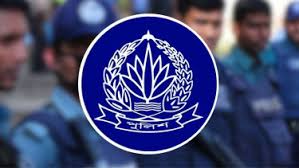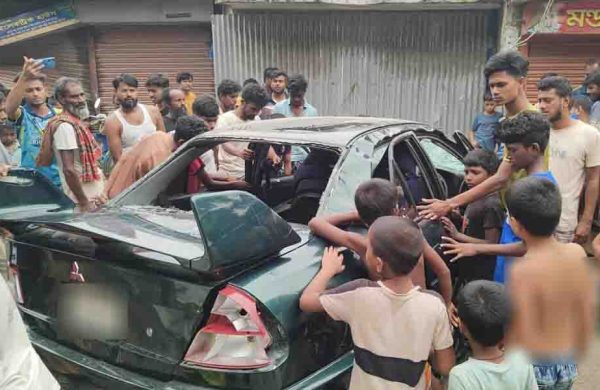Govt to adopt zero tolerance policy against mob justice
- Update Time : Friday, September 20, 2024

- Law Adviser says mob justice won’t be tolerated
- Home Adviser says no one has the right to take the law into their own hands
- Dozens of victims faced mob lynching in the past 40 days
TDS Desk:
Amid a recent surge in mob justice across the country, the interim government, led by Prof Dr Muhammad Yunus, wants to take a firm stance against such acts. An insider in the government revealed that the administration has adopted a zero-tolerance policy against extrajudicial killings, assaults, and harassment.
Following the deaths of two young men at two major public universities, allegedly due to mob violence, this correspondent spoke with several government insiders to understand the official stance.
Mob justice has reportedly spread nationwide since the fall of the Sheikh Hasina regime.
A top official from the interim government told this correspondent: “Our position is clear: we will not tolerate mob violence, no matter who is involved. If someone committed a crime under the previous regime, they will face legal consequences—citizens have no right to take the law into their own hands.”
During a recent address to the nation, Chief Adviser Dr Yunus urged the public not to resort to vigilantism.
“We have sent a clear message to law enforcement agencies, just as we did during the shrine attacks. Now, those attacks are almost under control, and we expect to stop mob justice as well,” said an official from the Chief Adviser’s office.
Despite strong opposition to mob justice from groups like the Anti-Discrimination Student Movement, these efforts have had little impact.
Media reports indicate that several people have fallen victim to lynching over the past 40 days.
Critics argue that the recent brutal killings—of former Chhatra League leader at Jahangirnagar University and a suspected thief at Dhaka University—highlight a growing public distrust of the country’s legal system.
Shamim Ahmed, the former organizing secretary of Jahangirnagar University’s Chhatra League unit, was accused of various crimes, including attacks on quota reform protesters, drug dealing, land grabbing, and extortion. However, critics ask, does this justify his execution at the hands of fellow students?
That same night, students at Dhaka University beat to death a man they suspected of being a thief in a dormitory.
Just weeks earlier, on September 7, a mob lynched Abdullah Al Masud, another former BCL leader, while he was buying medicine for his newborn daughter near Rajshahi University.
Masud, who had been physically disabled since a political attack in 2014, was handed over to the police but died on the way to the hospital. In all these cases, victims were denied due process.
When asked about these incidents, interim government Law Adviser Dr Asif Nazrul said: “These acts of mob justice will not be tolerated, and the government is taking a strong stance against them.”
He reiterated this position at a press conference at the Foreign Service Academy, held shortly after the incidents at Dhaka and Jahangirnagar Universities.
“We want to be clear: no mob justice, no taking the law into one’s own hands, no mass beatings or lynchings will be accepted in Bangladesh.”
Nazrul added that immediate action would be taken against those involved, noting that four individuals had already been arrested in connection with the Dhaka University incident, with further actions expected.
Earlier in the day, Home Adviser Lt Gen (retd) Md Jahangir Alam Chowdhury called the beatings at Dhaka University and Jahangirnagar University “regrettable.”
He said: “If someone commits a crime, they must be handed over to the authorities. No one has the right to take the law into their own hands.”
Since the fall of Sheikh Hasina’s government on August 5, mob justice has escalated. Mob attacks have even taken place on court premises, sometimes in the presence of police.















